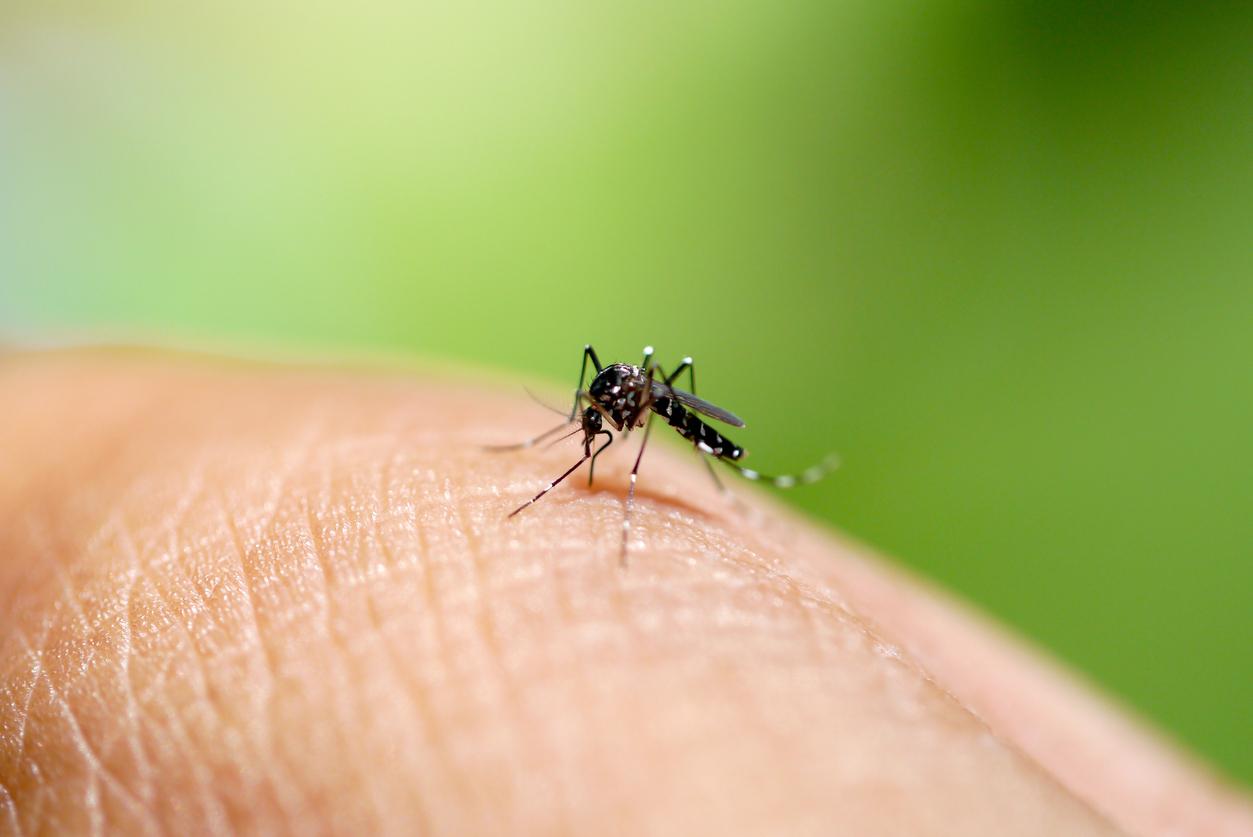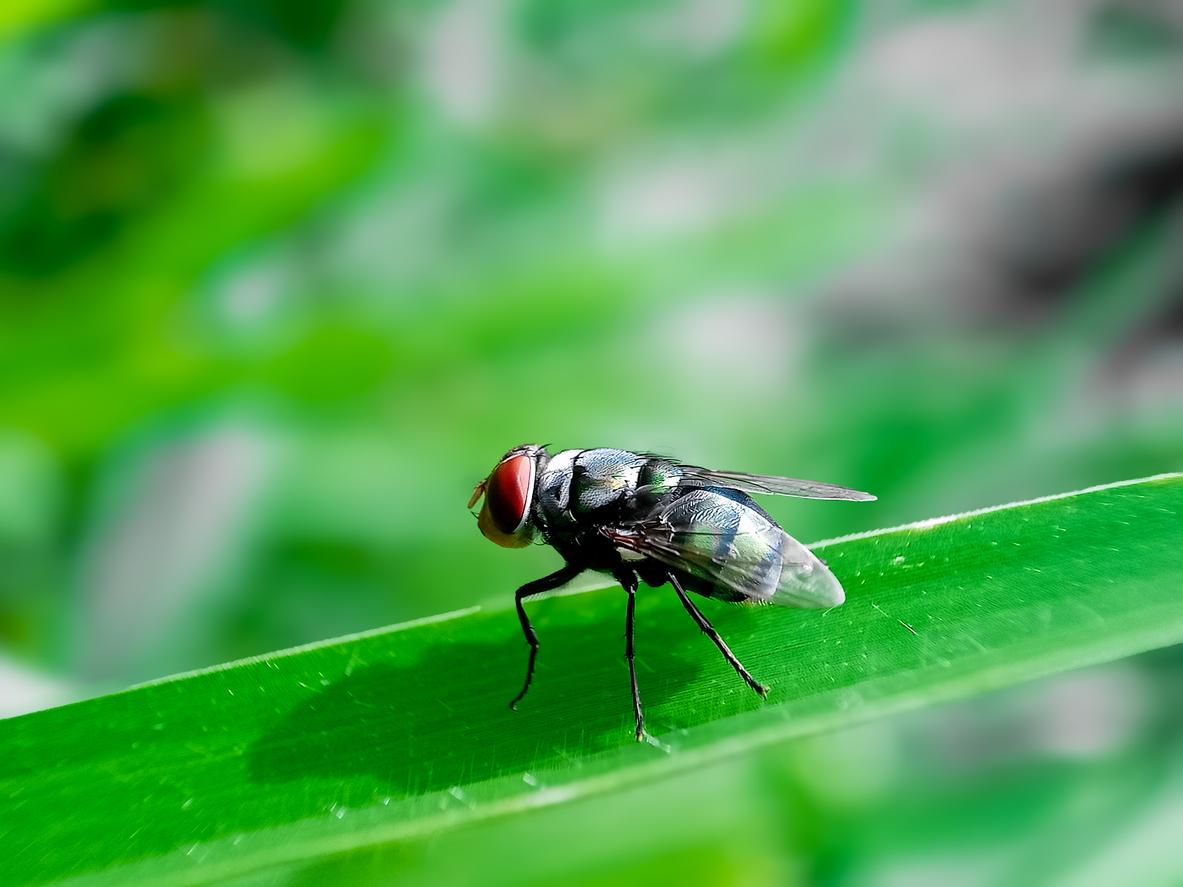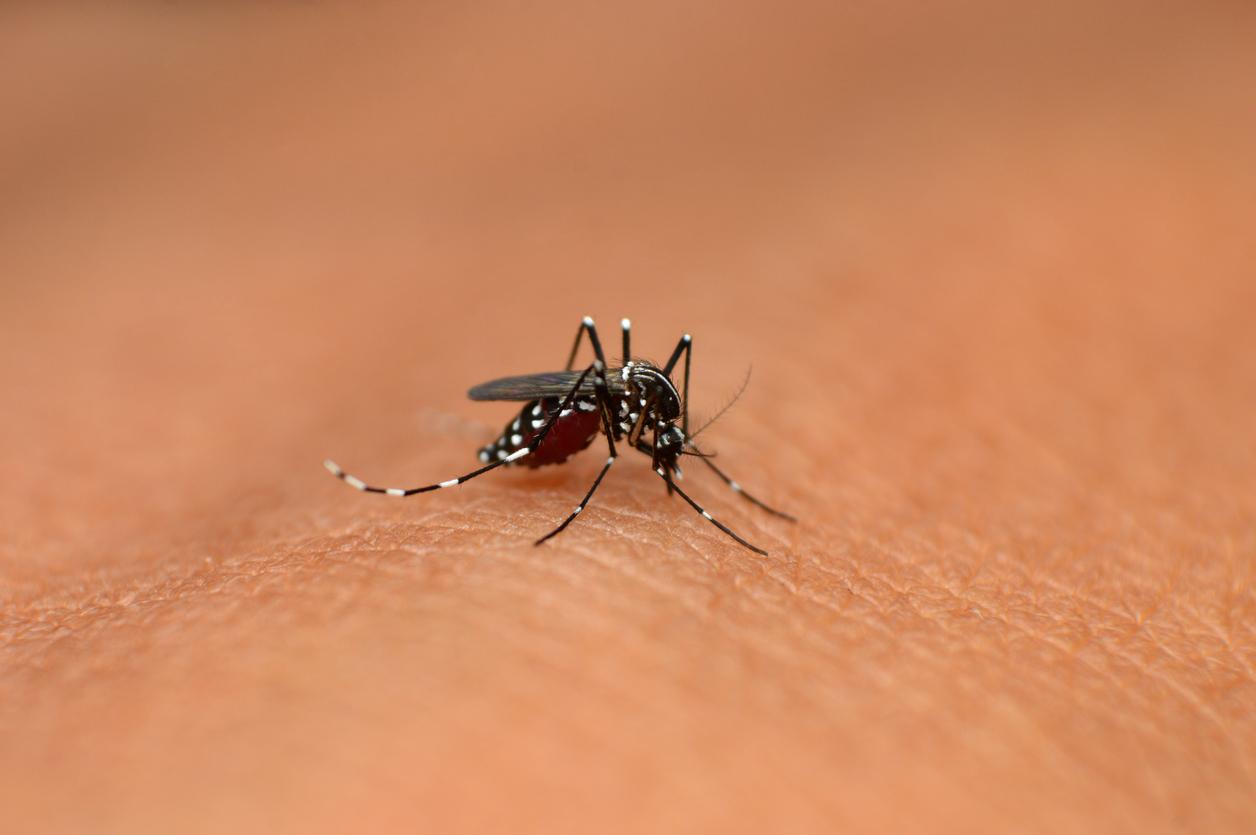The United States Department of Defense Agency is seeking to develop a strategy to eradicate the risk of disease transmission by mosquitoes. To do this, it intends to modify the microbiota of the skin of its soldiers.

“Could it be that your scent is just a little too appealing?” So begins the last DARPA press release, United States Department of Defense agency responsible for research and development of new technologies for military use. The latter has just launched a new program called ReVector with the aim of implementing a strategy to eradicate the risk of disease transmission by mosquitoes. Because the latter would represent the greatest threat against the troops on mission abroad.
To counter this scourge, more particularly mosquitoes Aedes, Anopheles and Culex, DARPA wants to develop a means of prevention based on the modification of the microbiota of the skin. Because the millions of bacteria and fungi present on our skin generate a smell that is more or less attractive to mosquitoes. It will therefore first be a question of identifying the microbes producing the most effective signatures against mosquitoes. Then, the researchers hesitate between probiotics and prebiotics to nourish the microbes already present on the skin or to add new ones or to use the generic CRISPR-Cas9 scissors. These make it possible to cut out segments of DNA.
A very difficult goal to achieve
Currently looking for interested scientists to lend a hand, DARPA researchers are aware of the difficulty of achieving their goal. Indeed, the diversity of everyone’s metabolism and microbiota is a major challenge to arrive at a universal treatment, they concede. What’s more, mosquitoes are sensitive to a lot of chemical molecules, so it will be very complicated to find the ideal mixture to scare them away.
Despite everything, DARPA is determined and intends to create, at the end of these four years of research, a reversible treatment that is easy to apply to the skin and which will require minimum maintenance. Offering two weeks of protection, the product should not cause any side effects.
“If the program works, we will gain technologies that allow us to learn more about the microbiota of the skin and understand how we can temporarily modify it for beneficial purposes. DARPA plans to use the ReVector technology next in a context medicine to treat infections and heal wounds,” the agency said in a statement.
Eradicate the risks of dengue fever, malaria, Japanese encephalitis and others
The mosquito Aedes is the main vector of dengue fever, also called tropical flu, which affects 50 million people a year. Among them, there are 500,000 cases of dengue hemorrhagic fever, fatal in more than 2.5%, according to WHO. Culex, meanwhile, is the vector of serious diseases such as West Nile fever, St. Louis encephalitis, filariasis, Japanese encephalitis, Murray Valley encephalitis and avian malaria. Malaria, also known as malaria, is also transmitted by gender Anopheles that DARPA is also trying to keep away from its soldiers.
A few months ago, researchers succeeded in developing a possible medicine to control the spread of malariawhich affects 212 million people worldwide each year and caused 429,000 deaths in 2015. Ivermectin would thus make it possible to return the blood of people living in areas at risk of death for mosquitoes. “Ivermectin reduces new cases of malaria by making a person’s blood lethal to mosquitoes that bite it. It kills mosquitoes and thus reduces the risk of infecting other people,” the researchers explained.

.















